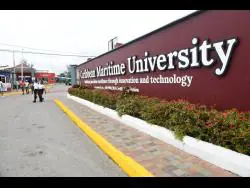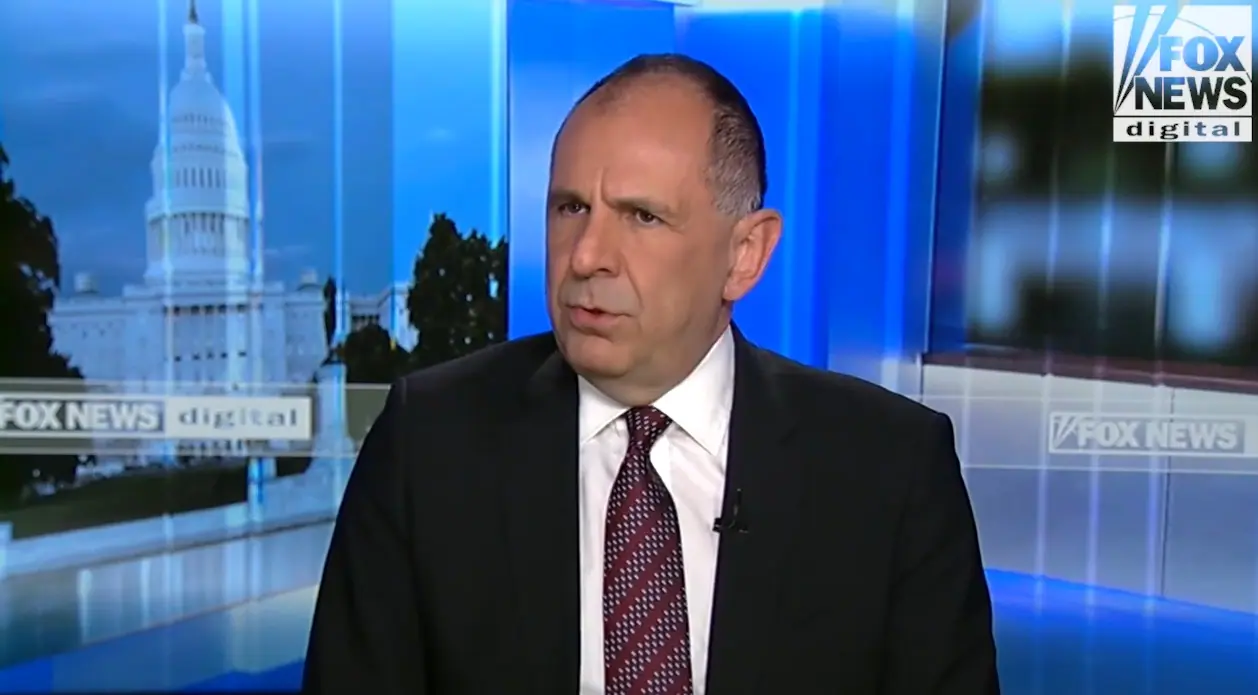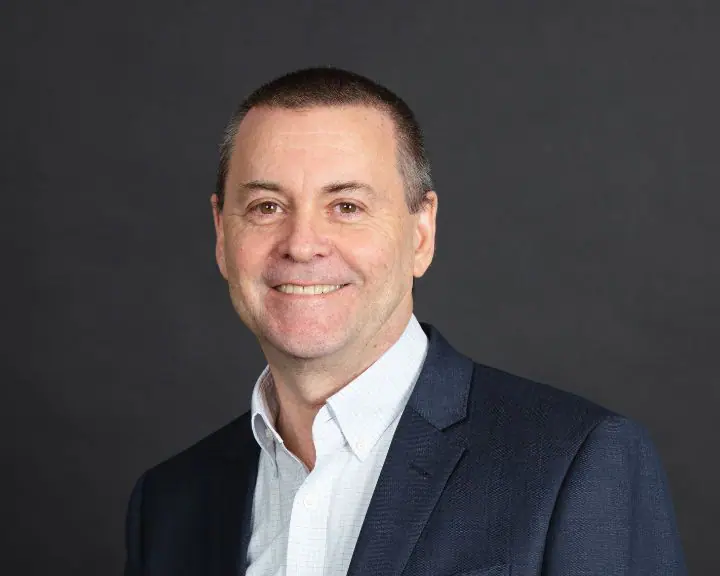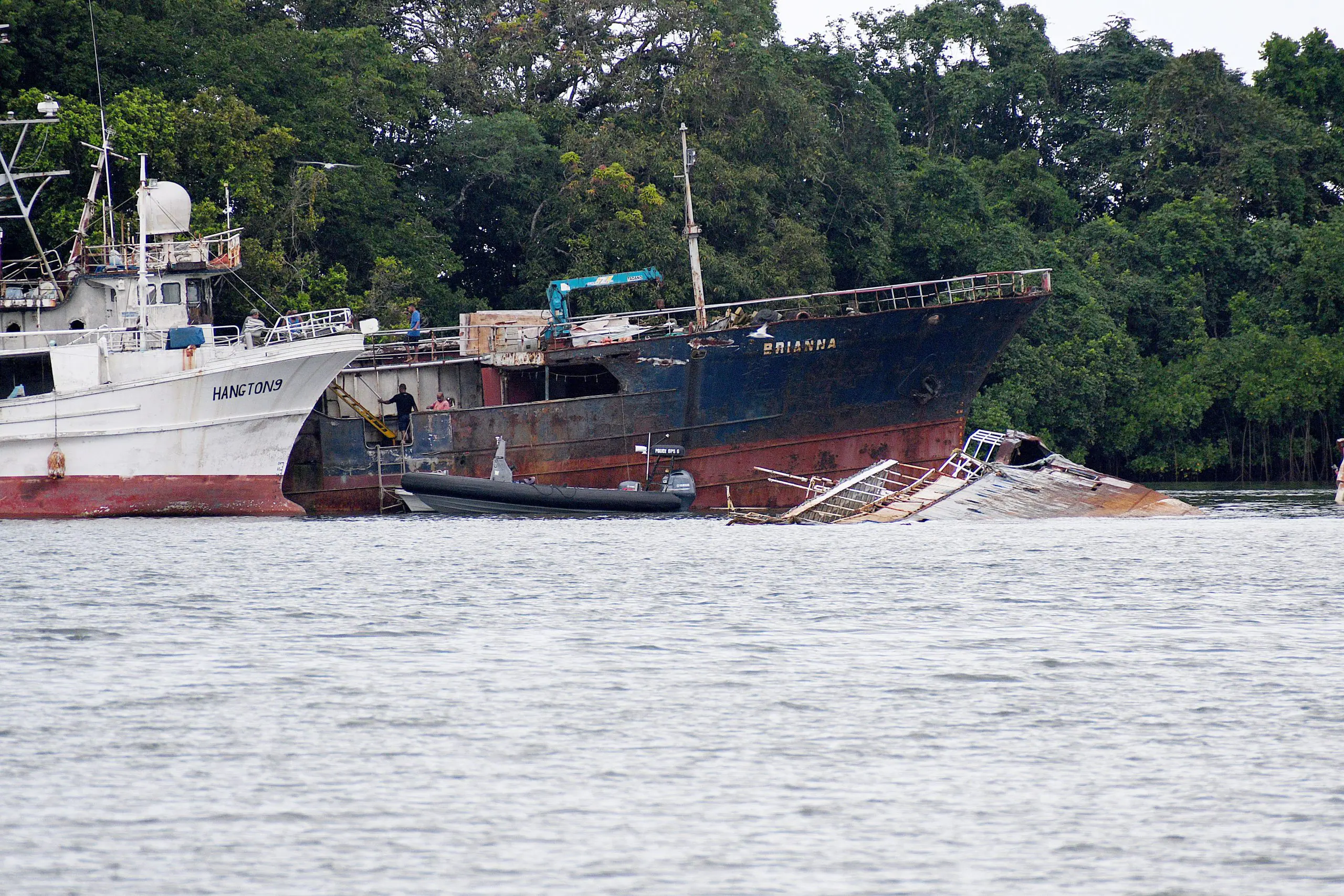Justice Raymond Zondo delivered a significant keynote address at the International Anti-Corruption Conference hosted by the FishFORCE Academy at Nelson Mandela University, focusing on the systemic weaknesses that facilitated state capture in South Africa. Reflecting on the findings of the Zondo Commission, which he chaired, Zondo emphasized the repercussions of a parliamentary system where the ruling party maintains a significant majority, often compelling members to align with party directives rather than serve the public interest. This environment enabled the Gupta-Zuma alliance to intensify state capture unabated.
The conference served as a vital forum for discussing critical issues such as the effects of corruption on governance and economic stability, and the efficacy of South Africa’s criminal justice system in combating corruption. Key discussions also included global anti-corruption models and necessary institutional reforms to uphold democracy and accountability.
Zondo recounted his experience with the commission, marking the third anniversaries of submitting its interim and final reports to President Cyril Ramaphosa. He pointed out that while some recommendations have been enacted, significant gaps remain in ensuring parliamentary accountability. He criticized how ANC members were often instructed to resist corruption investigations and how they failed to commit to voting in the people’s best interests.
However, Zondo expressed optimism over the shifting political landscape post-2024 elections, characterized by no single party achieving an outright majority. This shift diminishes the likelihood of any party protecting corrupt leaders, implying a more equitable power distribution capable of halting future state capture.
He viewed the possibility of a coalition government as a positive shift, prompting necessary dialogue and diverse governance approaches. Yet, Zondo also warned that, despite these advancements, Parliament’s history of partisanship persists, as reflected in recent parliamentary actions regarding corruption investigations. This ongoing partisan behavior exemplifies the need for profound structural reforms in Parliament to safeguard MPs’ constitutional responsibilities.
Zondo invoked the Constitution’s fundamental principle of “We, the People” as a moral guide, reiterating the imperative that leadership and public service prioritize the people’s interests. He underscored the importance of enhancing whistleblower protection, highlighting that these individuals play a pivotal role in exposing corruption and should receive robust support and incentives to foster their courage.
The overall theme of the conference centered on sustainable anti-corruption solutions, featuring discussions on legislative reform, the role of technology in law enforcement, and regional partnerships for crime prevention, especially in the maritime and fisheries sectors, aligning with FishFORCE’s mission.
Zondo’s call to action was clear: political change is insufficient without sustained accountability, courageous leadership, and engaged citizens. He concluded by stressing that the ongoing fight against corruption requires continuous reflection, commitment, and vigilance to prevent history from repeating itself, framing it as a shared journey toward a corruption-free South Africa.





